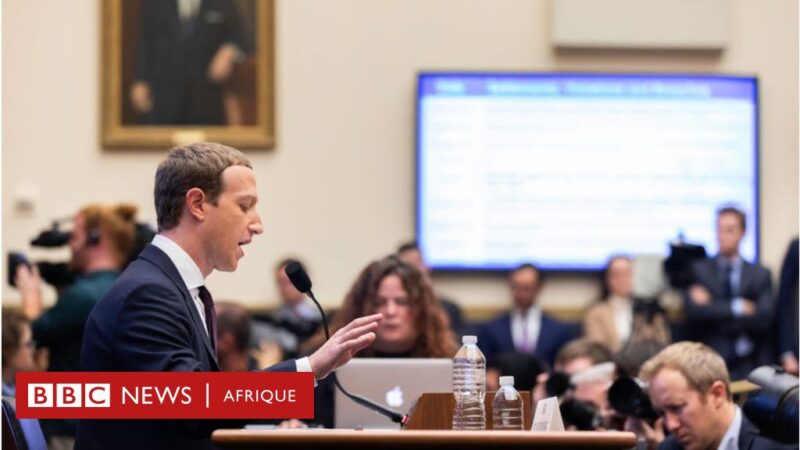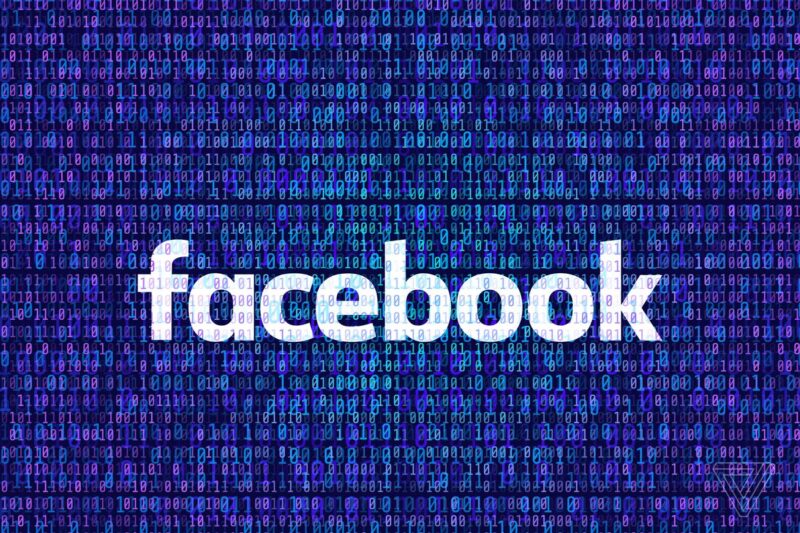Facebook has been accused of a number of ‘cardinal sins’ in recent years, with its most recent scandal involving the leaking of hundreds of thousands of user profiles. In this article, we’ll take a look at the five cardinal sins that have been revealed by the leaked documents.
The facebook privacy issues 2024 is a blog post that reveals the cardinal sins of Facebook.
NEWS IN TECH – According to disclosures reported by the Wall Street Journal and elsewhere this week, Facebook has been faced with a number of claims regarding its internal workings. The business is either contrite or completely quiet in each instance.
Much of the data comes from Facebook’s own internal papers, indicating that the corporation now has some inside whistleblowers. The documents will offer enough information for governments and authorities to decide future actions.
Facebook, on the other hand, has defended itself against all allegations thus far.

Here are five new details about the social media behemoth that have surfaced this week:
1. Facebook handled celebrities differently.
Many celebrities, politicians, and high-profile Facebook users were subject to various restrictions regarding what material they may post under a system known as XCheck, according to papers acquired by the Wall Street Journal. Facebook agreed that complaints of how the cross-checking system was implemented were “valid,” but said that the method was intended to provide “an extra step” to help people comprehend the material they uploaded. “Activists advocating for violence or journalists reporting from war zones” are examples, according to the firm.
The papers mentioned by the Wall Street Journal “contain obsolete material that has been stitched together to construct a narrative that overlooks the most essential point: Facebook itself has recognized and is trying to solve issues with cross-verification.” Despite the crackdown, Facebook’s own Oversight Board, which is charged with making judgments on controversial material, wants greater openness.
The material provided, according to the Board’s blog, “has once again brought attention to the company’s apparently contradictory decision-making.” It demanded a thorough description of the cross-checking system’s operation. The lack of transparency on cross-checking, it said, may lead to the impression that Facebook is “unduly influenced by political and commercial reasons.”
Since it started its investigation into how Facebook moderates material, the Oversight Board, which is financed by Facebook, has issued 70 suggestions for strengthening its rules. A committee has been formed to evaluate how the social network is carrying out these suggestions.
2 Employee complaints regarding human trafficking were often met with “poor” responses.
According to papers acquired by the Wall Street Journal, Facebook workers often reported drug cartels and human traffickers on the site, but the company’s reaction was “poor.” A story on the issue of domestic employees for sale on Instagram broadcast on BBC News Arabic in November 2019.
Facebook was aware of the issue at the time, according to internal papers. According to the Wall Street Journal, Facebook took very little action until Apple threatened to withdraw its apps from the App Store. Facebook claims to have a “complete approach” to keep people safe, which includes “global teams of native speakers spanning more than 50 languages, educational materials, and collaborations with local experts and third-party fact-checkers,” among other things.
According to critics, Facebook lacks the capabilities necessary to filter all material and safeguard its 2.8 billion members. On the BBC Tech Tent podcast, David Kirkpatrick, author of The Facebook Effect, said that he believes Facebook has no motivation to “do anything to reveal the damage” outside of the United States.
He said, “They have done a number of things, like employing tens of thousands of content inspectors.” “However, according to the Wall Street Journal, just 13% of all their disinformation and misinformation activity in 2024 will take place outside of the United States. They’re doing nothing to fix it for a service that runs 90% outside the US and has had a significant, particularly bad, effect on the policies of nations like the Philippines, Poland, Brazil, Hungary, and Turkey.” According to Kirkpatrick, Facebook is only “responding to PR pressure” in the United States because it may impact its stock price.
3. Shareholders have filed a huge lawsuit against Facebook
A group of Facebook shareholders has filed a complicated lawsuit against the company. The organization argues, among other things, that Facebook’s $5 billion (£3.65 billion) payment to the US Federal Trade Commission to settle the Cambridge Analytica data issue was so large because it was designed to shield Mark Zuckerberg from responsibility.

Facebook has said that it would not comment on the ongoing legal matter.
4. Has Facebook marketed itself in a favorable light?
The New York Times reported this week that Facebook has started an effort to repair its image by putting Facebook-friendly material in people’s news feeds. The Amplify initiative, according to the publication, was created to “present people good tales about the social network.”
The news feed ranking algorithm has not changed, according to Facebook. Spokesman Joe Osborne claimed in a series of tweets that the test on what he termed “an information unit on Facebook” was limited and only happened in “three locations,” but that the postings were clearly identified as originating from the business. He described it as “comparable to corporate social responsibility efforts seen in other technology and consumer goods.”
5. Facebook was well aware that Instagram was “toxic” for teenagers.
Another significant discovery in the Facebook documents was that the corporation performed extensive study into how Instagram impacts adolescents but did not disclose the findings, despite claims that the site is a “toxic” environment for many young people.

According to a presentation published by the Wall Street Journal, 32% of adolescent females polled stated that having body issues made them feel bad about themselves on Instagram. The whistleblower behind the stolen paper has disclosed his name and is working with Congress, according to Fox News.
In any case, the fact that Facebook has not released its comprehensive analyses of the harm caused by its platforms will provide plenty of fodder for US lawmakers to consider.
BBC News is the source of this information.
The discuss the recent privacy issues that challenged facebook is a blog post by an author discussing the leaked documents from Facebook. The article discusses the 5 cardinal sins of Facebook.



